"The White Gold" - Interview with Tashi Pem
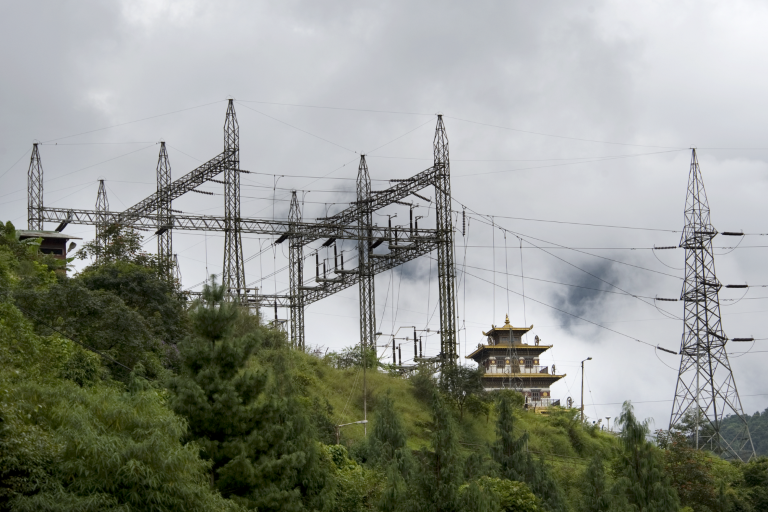
- There is a growing concern with global climate change and how it affects our supply of white gold. The glaciers are melting, but we don’t know at which rate. We still lack sufficient monitoring systems, says Tashi Pem, project manager of Norad assisted ‘Strengthening of Energy Sector - Phase IV’
- Our project with Norad and NVE is now in phase 4 and focus is on capacity building, strengthening of electricity regulator and the strengthening of hydrometeorology.
- The project is a huge success, Pem stresses. - All our hydropower development projects are based on the Power System Master Plan, which was also developed under the Norad assistance in 2003.
Only 5% of potential developed
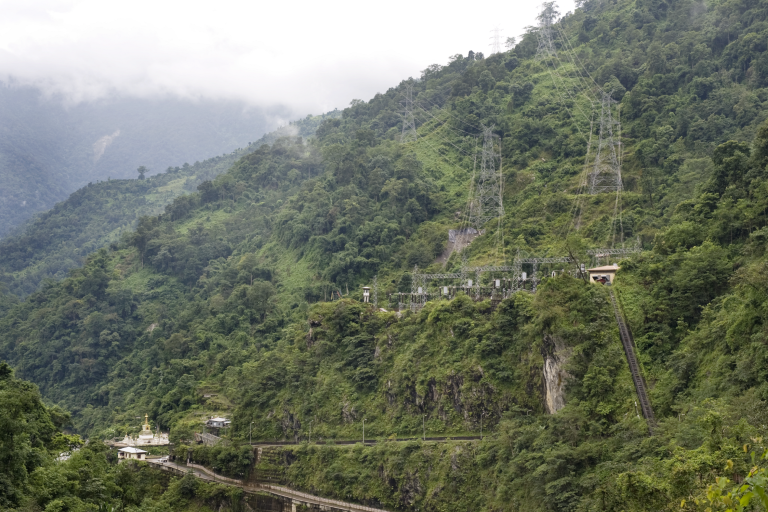
Currently there are about 3000MW projects under construction in Bhutan, and several projects totaling more than 7000MW under review. The aim of the government is to add a capacity of at least 10,000 MW by 2020.
- Norad as a donor is very flexible. I feel we share similarities in many ways, which has led to a very good working relationship between the Norwegians and the Bhutanese. We can also call NVE whenever we encounter problems, they are very helpful, says Tashi Pem.
Hydropower is a very important sector in the small country. So far only 5% is exploited, but the ambition is to add at least 10,000 MW by 2020. Most of this will be for export to India.
Benefit to the people?

In which ways do the hydropower projects benefit the people of Bhutan?
- In June this year (2013) the national electricity coverage was 90% +. Putting up grids in our mountainous country is a challenge, but our goal is 100% coverage by the end of this year. The revenue from the export of electricity is stimulating the economy and is one of the main sectors contributing to the country’s revenue, Tashi Pem explains
Challenges
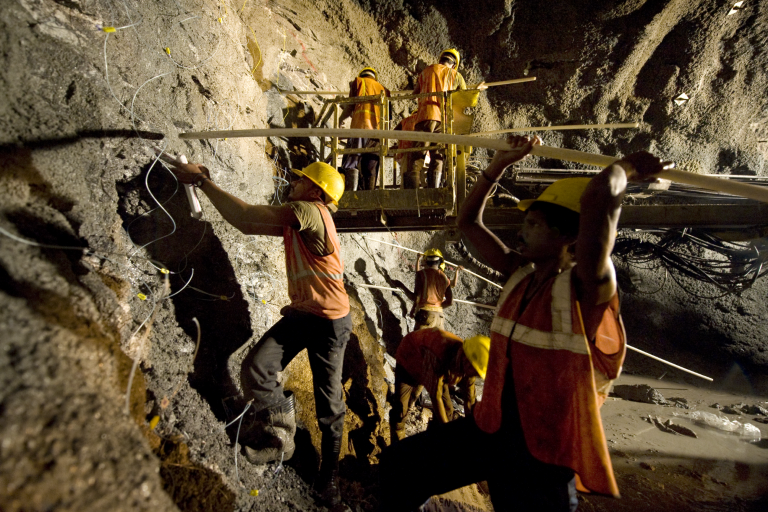
So what are the main challenges for the project in Bhutan?
- One of the greatest challenges to the project is geology. The Himalayan mountains are “young” with unstable land mass. Hydropower demands a lot of subsurface exploration which is not only expensive but at times unpredictable, Tashi Pem explains.
- Given that hydropower resources are the most important resource we have, it is important that we have a good data base on it. Currently, one of the challenges that we face in hydropower development is the lack of data. Therefore, the project is strengthening the network system of our hydro-meteorology.
- Having a good prefeasibility and feasibility report is very important in order to attract private investors, Tashi Pem continues. The project is helping us with two prefeasibility studies and one feasibility study. The plan is to bid out these projects to the private investors in the coming years.
Another challenge Tashi Pem points out, is - Enhancing the institutional capacity of the energy sector, so that our dependence on the outside consultants is reduced in the future.
- We also need to strengthen the capacity of our electricity regulator so that the electricity sector functions in the safest and most efficient manner.
Reporting as a challenge
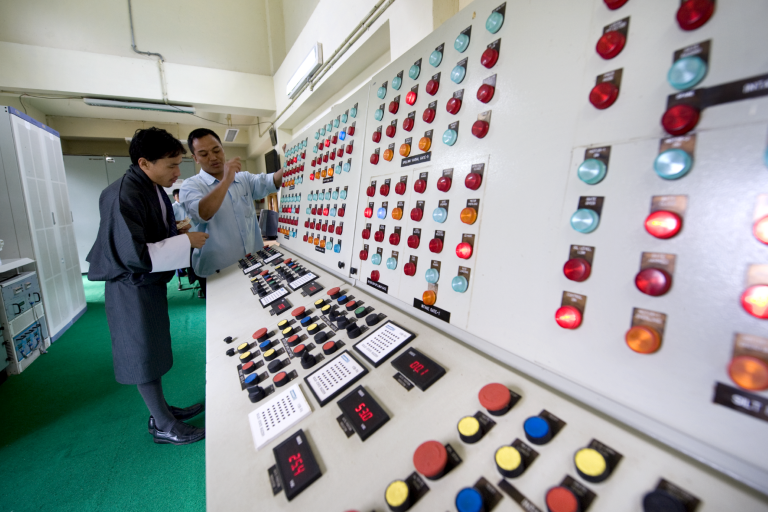
The change in the reporting system from conventional ways of reporting on activities to reporting on ‘outcomes’ of the activities undertaken has been a challenge. – We had a difficult start, Tashi explains. - How do we start thinking in terms of “outcome”, for example? But we take on the challenge. We have to ask ourselves – Is this enough? How does each activity undertaken as part of the project contribute to the outcome we set to achieve? I’m excited to go back home and work on it!
The Gross National Happiness Commission (GNHC)
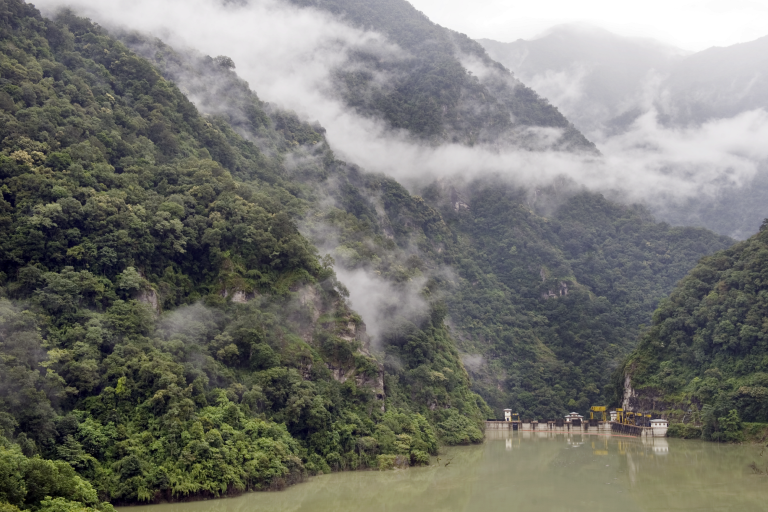
How does the Gross National Happiness Commission work and what is their role in this project?
- We put together 5 year plans that we submit to them, and they consolidate the plans from every sector in the country so that it is in line with our development philosophy – GNH. They make sure that the economic development is balanced with the environment and social aspects. They also look for funding and manage all aids that come into the country.
- The GNHC are also responsible for reviewing all policies of the government, Tashi explains. - Development moves fast, but it doesn’t necessarily help the people. Bhutan therefore chooses to move slowly. We want to have our institutions in place before we open up for investment. This is what we try to get in place with capacity building and required policies. For instance, the PPP Policy (Public Private Partnership) prepared by our Ministry is currently under review by the GNH Commission.
- Their main role in this project is to facilitate with the donor. They make all formal communications with the donor on behalf with the implementing agency, which is my department, Tashi Pem explains.
“Brain drain”?
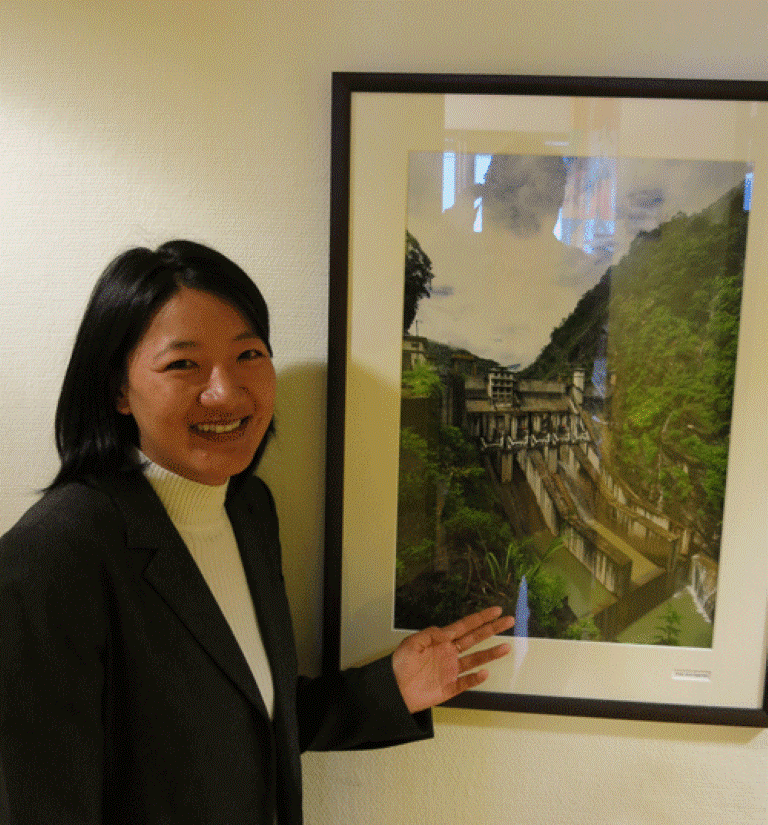
Tashi Pem explains that the project has been accused of causing a "brain drain" in Bhutan.
- The Norad project with capacity building and training is helpful in many ways. You may call it a “brain drain”, but we now see that a great deal of the people with top jobs and important positions in Bhutan come from the Energy sector. Their capacity enhances the society as a whole. They take bigger responsibility. It has a very positive impact, Tashi Pem concludes.
